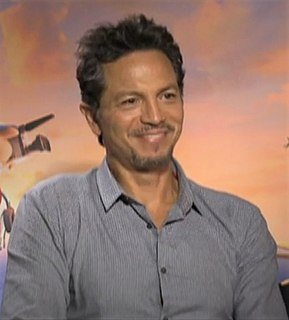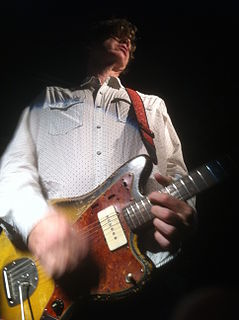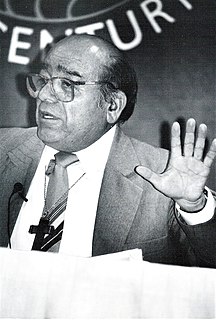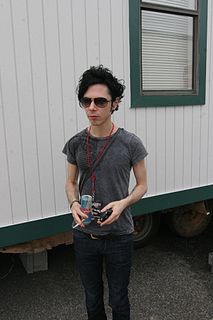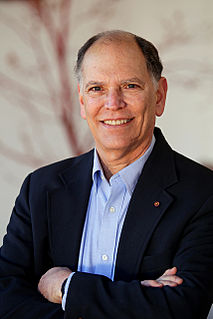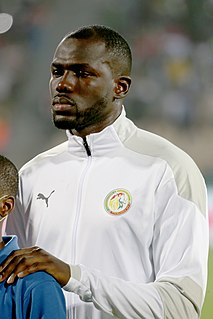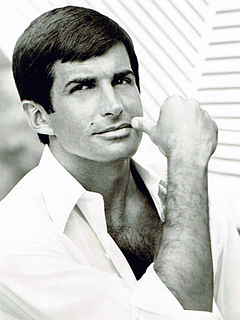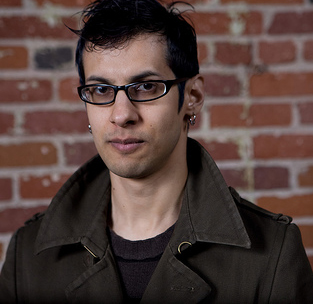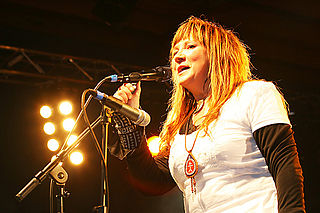Top 1200 Italian Culture Quotes & Sayings - Page 4
Explore popular Italian Culture quotes.
Last updated on November 24, 2024.
The Government has been compelled to levy taxes which unavoidably hit large sections of the population. The Italian people are disciplined, silent and calm, they work and know that there is a Government which governs, and know, above all, that if this Government hits cruelly certain sections of the Italian people, it does not so out of caprice, but from the supreme necessity of national order.
I eat like a kid. I like Chief Boyardee. Their Ravioli, but they have some stuff I've never seen in the real Italian food world. You ever been in a nice Italian restaurant? Hi how are you? Ummm id like to start with a nice bottle of Chanti and a couple of Caesar Salads and umm I'm going to have the Beef a'ronni. And some Teenage Mutant Ninja Turtles for the lady.
Why don’t you purchase an Italian dictionary? I will assume the expense.” “I have one,” she said, “but I don’t think it’s very good. Half the words are missing.” “Half?” “Well, some,” she amended. “But truly, that’s not the problem.” He blinked, waiting for her to continue. She did. Of course. “I don’t think Italian is the author’s native tongue,” she said. “The author of the dictionary?” he queried. “Yes. It’s not terribly idiomatic.
The indigenous peoples understand that they have to recover their cultural identity, or to live it if they have already recovered it. They also understand that this is not a favor or a concession, but simply their natural right to be recognized as belonging to a culture that is distinct from the Western culture, a culture in which they have to live their own faith.
I am a nice human, but I've also got Italian in my family. My mom's side is Italian and my mom is a very scary human being. I get a lot of that intensity and snap straight into it from her. She's legit terrifying. Lovely girl. Lovely mother but when she gets angry, she's absolutely terrifying. She's a damn monster.
For my parents' generation, the idea was not that marriage was about some kind of idealized, romantic love; it was a partnership. It's about creating family; it's about creating offspring. Indian culture is essentially much more of a 'we' culture. It's a communal culture where you do what's best for the community - you procreate.
My interest in culture generally is a comparative one, and I think that's where the word joy, I think, can be applicable. There's joy in actually seeing the relatedness, the connectedness of different cultures or recognising, for instance, your own culture in another or another culture in your own culture and feeling an air to all of them.
A free culture is not a culture without property; it is not a culture in which artists don't get paid. A culture without property, or in which creators can't get paid, is anarchy, not freedom. Anarchy is not what I advance here. Instead, the free culture that I defend in this book is a balance between anarchy and control.
I found a movie called “Light in the Piazza.” I finally made the movie with Olivia de Havilland and myself, but initially there was no way I could make that movie, so I went to work on becoming that character. They told me they had an Italian [actor], and I said, “That’s a Cuban boy!” His name was Tomas Milan. I thought that’s the craziest thing I’d ever heard: They have a Cuban who’s going to play an Italian, and I can’t play it because I’m an American.
Flamenco is connected with so many types of music. It has Jewish culture inside, Arabian culture inside, Russian culture inside, Spanish culture inside. It's linked to African music too, because African music has the 'amalgama' rhythms you can find in flamenco. You can find everything in flamenco. That's why it's so beautiful.
I did not disregard my culture, if I did, it was the white American culture, and I accepted my true culture, when I accepted Mohammed Ali, because this is a black name, Islam is the black man's religion, and so I would like to say, that I would like to clarify that point that I reclaimed my real culture, and that's being a black man and wearing a black name with a black body, and not a white name, so I would never say that I didn't disown my culture.
I'm in the saddle every day playing a screwball. And then somebody comes along and says, "How would you like to go to Italy and Spain and do an Italian/Spanish/German co-production with an Italian director who's only directed one movie?" It wasn't like I was going there to be with Federico Fellini. But something was there, and I thought, Well, I loved this story when it was told by Akira Kurosawa; maybe this is a good idea. That's an instinctive moment. A Fistful of Dollars was made.
I've gone into prisons, I've gone into schools, I've gone into corporations, all over the world. It doesn't matter where you go, people are essentially the same. Our culture is different, but culture is nothing but group habit, culture is paradigm and when you get past the culture, people are essentially the same.
It seemed [there are] musical nodes on the planet where cultures meet and mix, sometimes as a result of unfortunate circumstances, like slavery or something else, in places like New Orleans and Havana and Brazil. And those are places where the European culture and indigenous culture and African culture all met and lived together, and some new kind of culture and especially music came out of that.
I think I realised, at teachers' training school, that I felt that the culture that I came from, the Sámi culture, was not good enough, so I wanted to be Norwegian or European, I wanted to forget the culture. And then this music started to... in a way I had to ask myself "why is this, and what does all this come from?
A free culture supports and protects creators and innovators. It does this directly by granting intellectual property rights. But it does so indirectly by limiting the reach of those rights, to guarantee that follow-on creators and innovators remain as free as possible from the control of the past. A free culture is not a culture without property, just as a free market is not a market in which everything is free. The opposite of a free culture is a "permission culture" -- a culture in which creators get to create only with the permission of the powerful, or of creators from the past.
Some words have multiple meanings. Scholastic, aware that I'm allergic to preservatives, kindly got someone to translate the phrase "I can only eat food without preservatives" into Italian. They warned me, however, as they taught me how to say it, that the Italian word for "preservatives" is the same as the word for "condom." So that I should be careful how I look when I say it.

